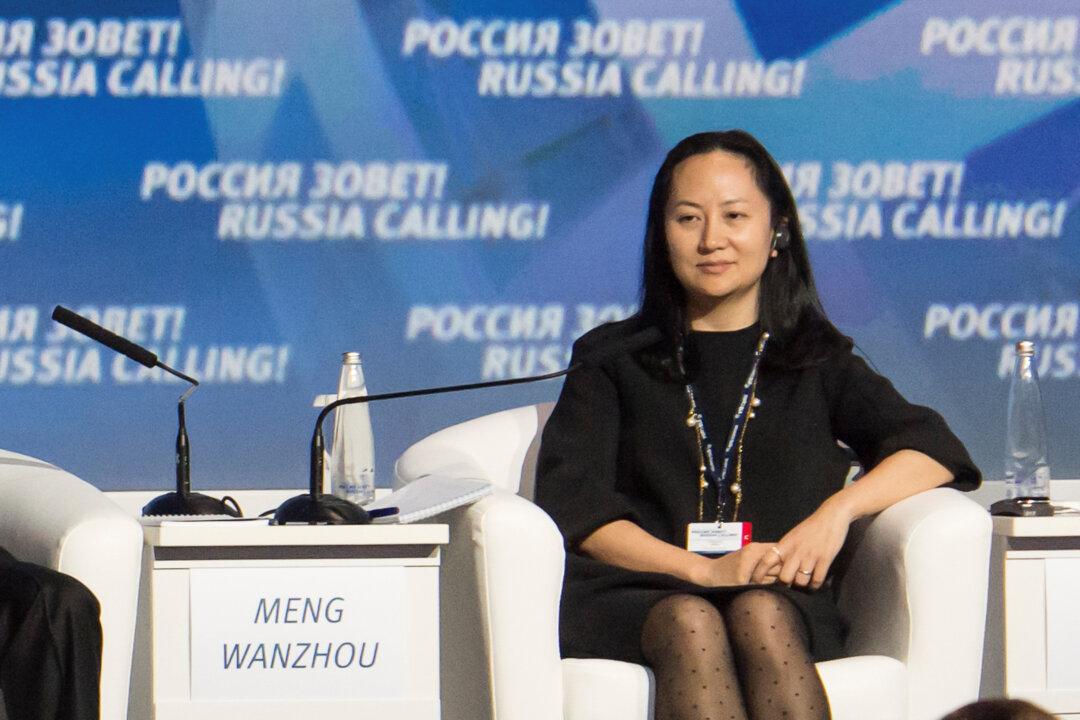News analysis
Soon after Meng Wanzhou, the chief financial officer of Huawei, was arrested by the Canadian authorities in Vancouver, the Chinese regime prioritized her release.

Soon after Meng Wanzhou, the chief financial officer of Huawei, was arrested by the Canadian authorities in Vancouver, the Chinese regime prioritized her release.